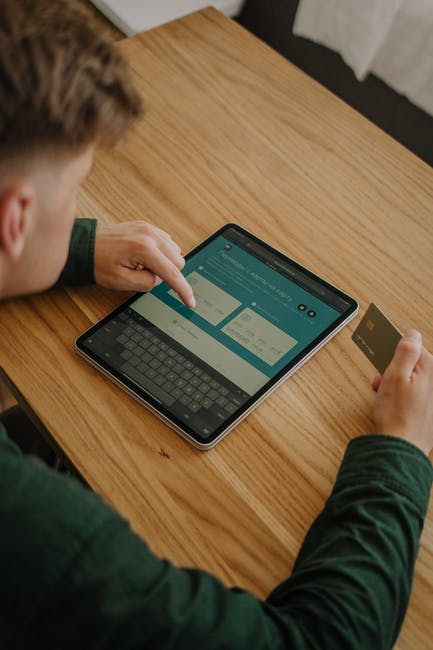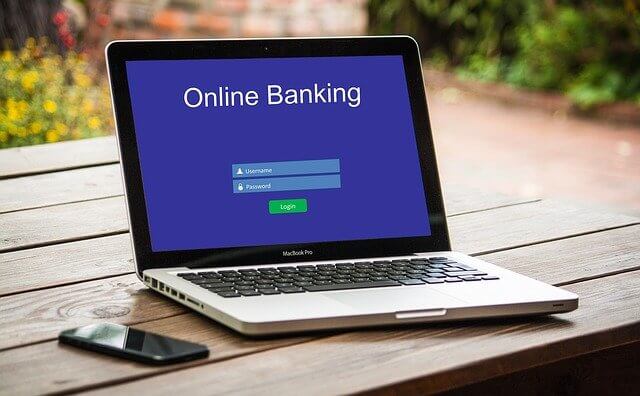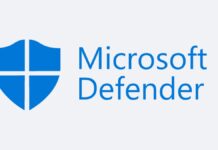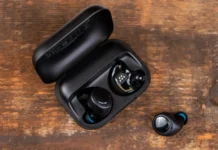The statistics have shown that nearly ninety percent of mobile internet users have been banking online, and the numbers are on the rise. By 2024, the estimate of people banking online will surpass the one billion mark worldwide. Since this is the case, we cannot overlook the pros and cons of the system.
Banking online and doing online money transactions are convenient, quick, and smooth. We can comfortably sit in our homes and send, receive, pay bills, salaries, and purchase things. Moreover, we save precious time and energy that once got wasted standing in a long queue in banks. On the contrary, we hear stories of overnight robbery online. These are horrid experiences and happens daily. Either we or someone we know falls into the trap unknowingly and end up losing all the hard-earned money and their lifelong savings.

Cybercrime branches are working on protecting us and tracking these criminals and hackers. But let’s be honest, the chances of getting back all your money robbed online are slim to none. Therefore, it is important and should also be a rule for every user to take stringent measures to safeguard their account details. To start, we have discussed some common but overlooked solutions that will give your account the first line of security.
Also Read: Your Doorbell Can Be Hacked: Here’s How to Protect It
1. Say No To Public Wi-Fi
It is tempting to connect to public Wi-Fi for free and unlimited bandwidth, but the downside may cost you a fortune. Therefore, our priority is for you to steer clear of public Wi-Fi unless you have to or are in an emergency. Even if the latter two are the situation, get a VPN on your device. NordVPN is one of the best out there in the market currently, and you can rely on it completely.
Free public Wi-Fi does not have any security firewall or encryption. Therefore, it is an open network for hackers and middlemen to attack your device network. These people can easily eavesdrop on your banking details and other personal details, which can be dangerous. Furthermore, it can be a perfect trap for malware and other viruses to attack your network and extract information.
Also Read: Best Mac Antivirus Protection Software in 2021
2. Utilize Banking Security Measures
When we start operating and using our online bank account and transactions, it also becomes the responsibility of our banks to ensure security. Nationalized and international banks want to stay abreast of the times and utilize technology to increase business. Therefore, no bank would want their customers to get robbed or fall in great trouble with online transactions.

They keep upgrading their apps and websites with two-factor authentication and layers of encryption. Moreover, they also suggest multiple ways to keep your credentials safe. The best we can do is to trust these processes and apply all these to our accounts. Often, we don’t feel these are important for us and can be skipped. While the truth is, following these may save us from sleepless nights should something happens to our accounts.
Also Read:How To Change A Wi-Fi Network In Windows 10 From Public To Private?
3. Learn And Avoid Phishing Scams
One of the common ways to lose your data and information is through phishing. To understand it in simple terms, see it like this. You get an email from your bank out of the Blue asking to enter your credentials and bank details to upgrade your security. And you go ahead without verifying with your bank manager. In no time, you realize it was spam mail designed to steal your information, and you fell for it. It can also happen in multiple ways, including phone calls.

Use your wisdom and read every word and letter of that email or message. Call your nearest bank branch and confirm it is indeed from your bank or not. Moreover, avoid downloading new financial apps. Most of them have bugs and can be dummy by hackers looking to get your baking details.
Read: Tips For Making Your Smartphone More Safe And Secure
4. Use Credit Cards Instead Of Debit Cards
Credit cards have way more security systems than your debit card. Therefore, it is wise to choose a credit card to purchase or send and receive money, especially from foreign countries. Moreover, use only one credit card for all your online transactions and avoid exposure.
Conclusion
In addition to these points mentioned above, you must also use a strong and unique password. Don’t downplay the importance of a strong password by keeping a simple one for the sake of it. Use a combination of numbers, letters, upper case, lower case, symbols, etc. Furthermore, when shopping or accessing websites related to purchasing, always go for the ‘S’ at the end, which stands for secure. For example, HTTPS.
Read: Top 6 Security Blunders That Put Your Computer At Risk



































